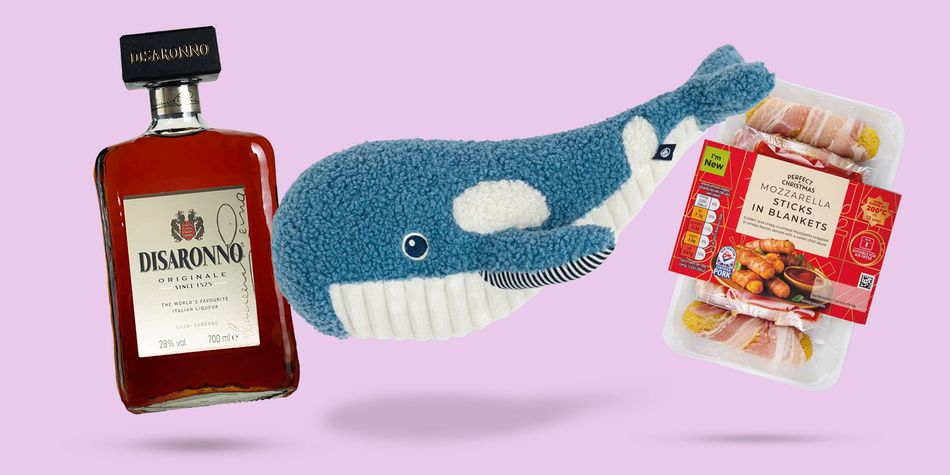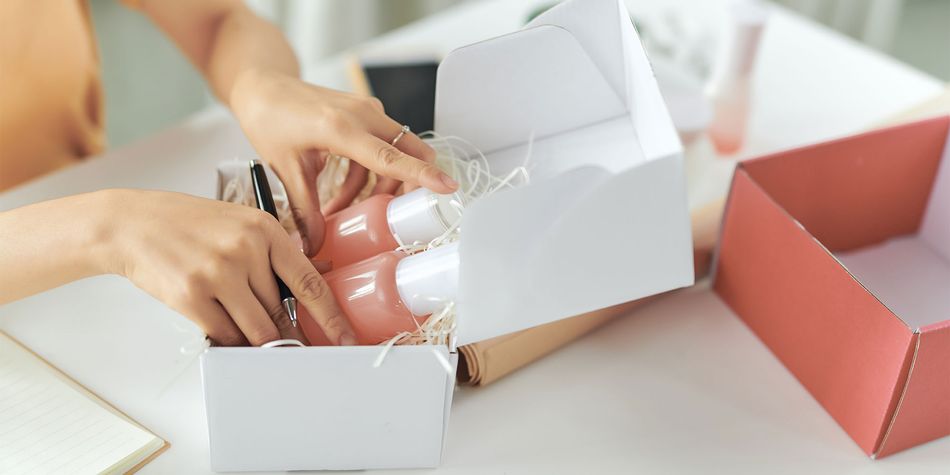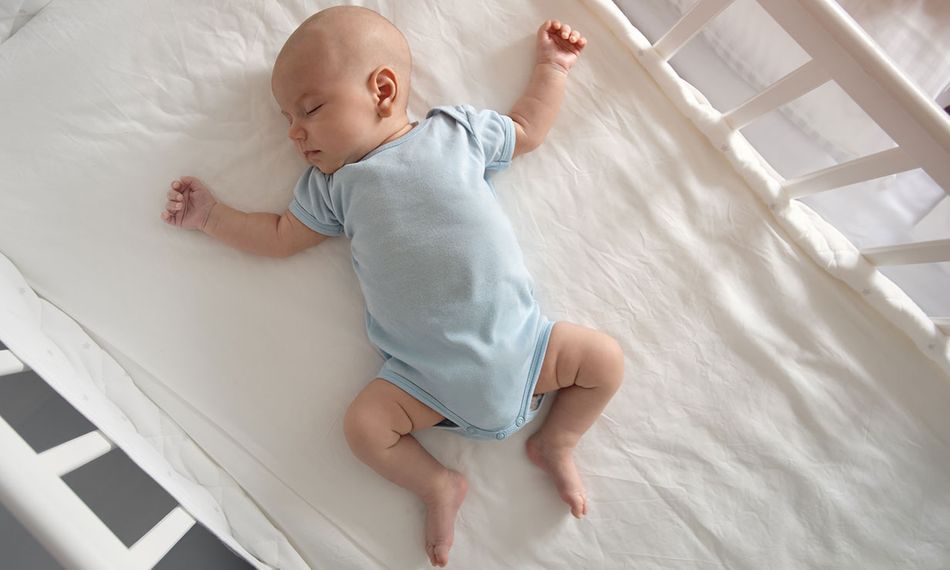Hundreds of potentially deadly items found on online marketplaces

Hundreds of dangerous products that could suffocate, electrocute and even cause house fires have been found on online marketplaces – despite seemingly matching products that have been declared dangerous by the product safety regulator.
Online marketplaces claim safety is a top priority, but a tool developed by Which? that uses a simple Google image search quickly found nearly 800 products for sale that were similar or identical to items flagged by the OPSS in the last year, 98% of which posed a ‘serious’ or ‘high’ risk to consumers. On average the products found for sale had been reported by the OPSS nearly six months earlier. As a result, we believe online marketplaces have failed to take even the basic step of acting on official reports to protect consumers from unsafe and illegal items.
Which? is campaigning for stricter rules to prevent the sale of unsafe products. Sign our petition to protect online shoppers.
How Which? uncovered a hive of unsafe products online
In one of our most ambitious product safety searches to date, we collected 702 product safety reports, published between August 2024 and August 2025, from the publicly available OPSS Product Recalls and Alerts database.
- From these reports, we extracted over 1,000 images of products found to be unsafe. We used reverse image searching technology to find matching images on the web, and these results were then sorted and labelled by human analysts.
- We looked at whether a product posed a risk that we could verify visually, or a hidden risk (eg faulty electrical wiring). In some cases we also used reverse image searching on online marketplaces own sites, where available.
We know that many online marketplaces have a different view of what constitutes a ‘similar’ product to a safety alert, often interpreting these as literally as having the same brand name and product ID – despite these being easy to change.
So, we set a high bar for similarity between the products found online and those flagged in OPSS reports, including finding a matching identifier, such as a model or serial number, identical appearance and packaging, shared characteristic design elements, or a product with small cosmetic differences such as colour.
We discarded products where the flagged issue was with a batch number that could not be confirmed, products that were counterfeit where we couldn’t detect this, or where the OPSS image wasn’t of high enough quality to be confident of a match.
Read more about how to avoid unsafe products when shopping online.
The problem with 'lookalike' products
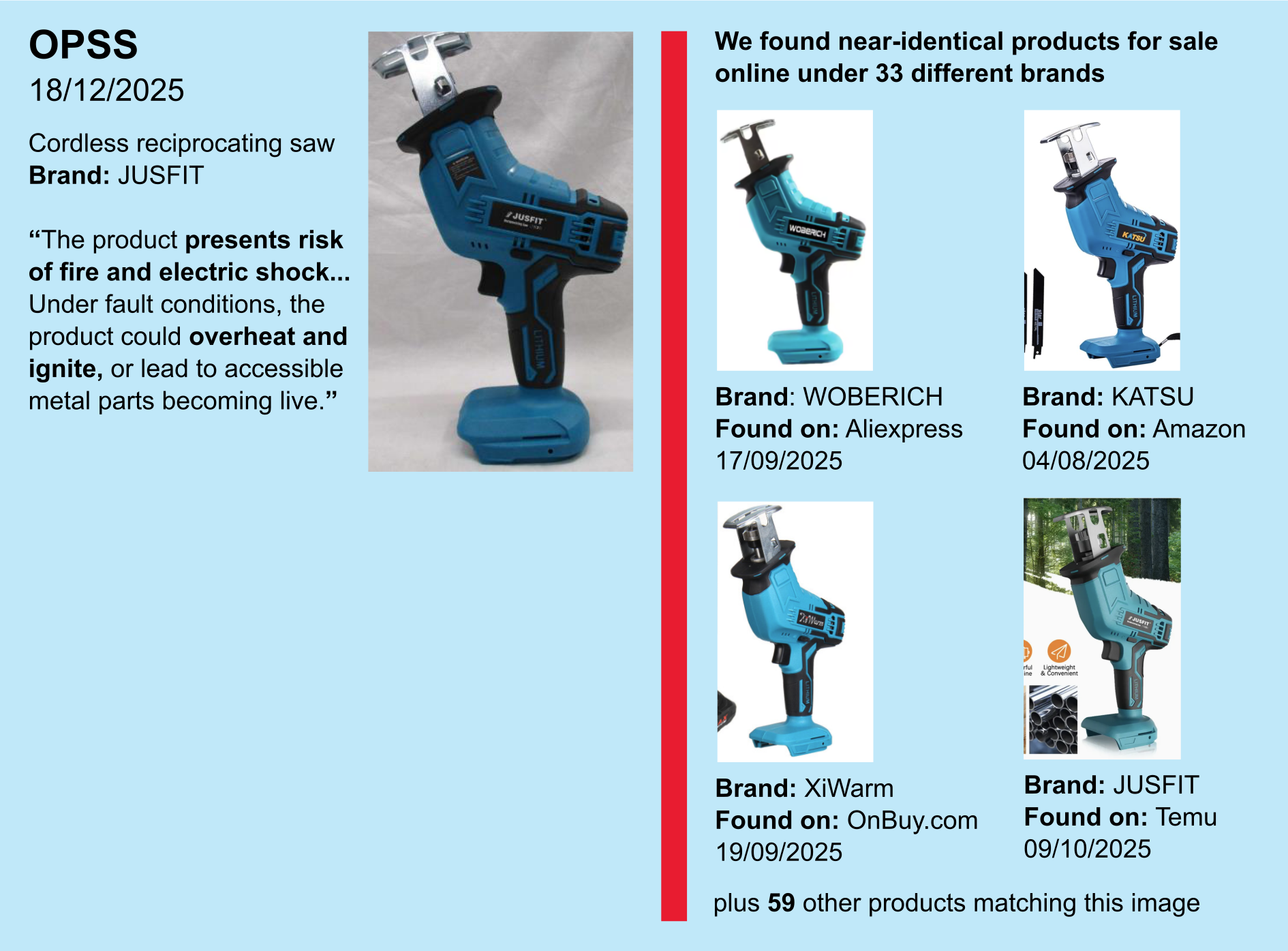
We believe that products that appear similar or identical to those with safety alerts may pose the same safety risks to consumers. In many cases, these risks are hidden so you wouldn't know that you're plugging in a risky product or handing your child an unsuitable toy.
Time and again we've shown this in our investigations into unsafe products, and reported these findings to the platforms. But we still put this to the test again, asking independent labs to analyse a sample of the products we had found for sale in the UK which were highly similar or identical to products flagged as dangerous by the OPSS.
15 products failed our safety tests
We tested 15 products from the two most prevalent categories – electrical products, and toys. All of them failed our safety testing. Most of the failures had already been identified by the OPSS – 10 out of 13 electrical products posed the exact same risk as the one identified by the original safety report, for example.
Nearly all of the electricals we tested (11 out of 13) had hidden internal faults, with problems ranging from dodgy wiring and soldering to missing thermal protection. More than half (8 out of 13) were provided with noncompliant or counterfeit plugs, and 5 out of 13 had issues arising from the way they were put together (e.g. allowing access to live parts, presence of sharp edges, etc).
Our testing showed once again that these products are clearly dangerous, and could put consumers at risk of injury, electrical shock, or fire.
Keep an eye on the latest product recalls and safety alerts from Which?
Other high risk products we found
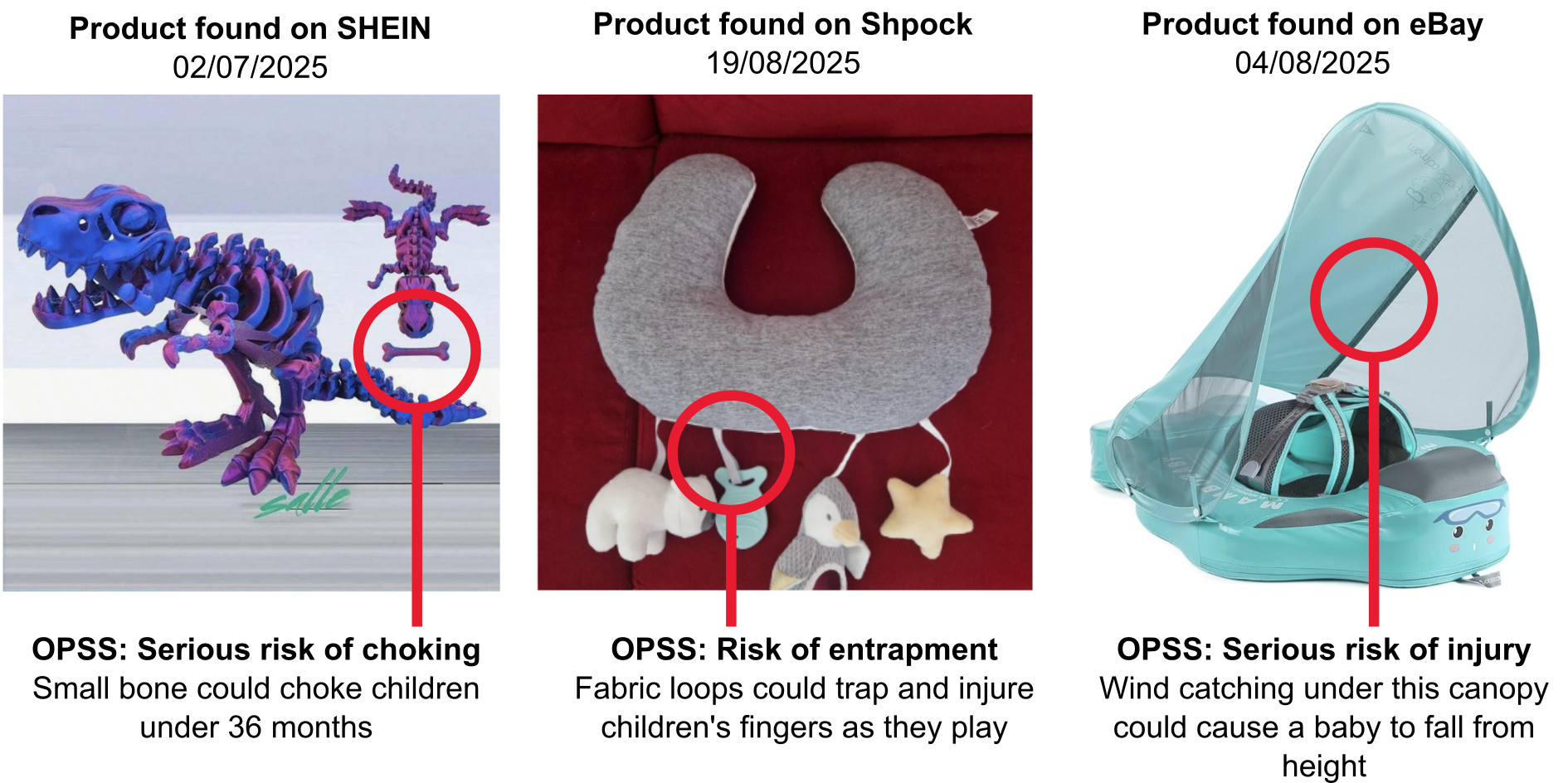
Through the course of the investigation we found a wide variety of products with hidden or visible risks, from wooden musical toys to 3-D printed dinosaurs, marketed to very young children that contained potentially fatal choking hazards.
We found nine Montessori Sound Trees for sale on online marketplaces that were marketed to children aged 0-36 months. These contain small parts, which the OPSS alerts said present 'a serious risk of choking', and as marketed, would be illegal to sell in the UK. Here we take a look at two of the other types of products we saw on online marketplaces.
Baby sleeping bags poses a risk of asphyxiation

We identified over 100 examples of baby sleeping bags that pose a serious risk of asphyxiation for sale on online marketplaces. For just one alert notice, we matched 71 individual products being sold online, all advertised as suitable for babies.
The relevant standard for baby sleeping bags (set by the British Standards Institute) requires that baby sleeping bags have arm holes to stop a baby slipping down inside, and prohibits hoods which present a risk of suffocation. But many of the sleeping bags we matched included hoods or were missing arm holes.
It’s not the first time we’ve alerted marketplaces to the sale of dangerous baby sleeping bags either. In 2020 we tested 15 baby sleeping bags and found 12 to be unsafe, in some cases due to a hood.
Ladders with a serious risk of injury
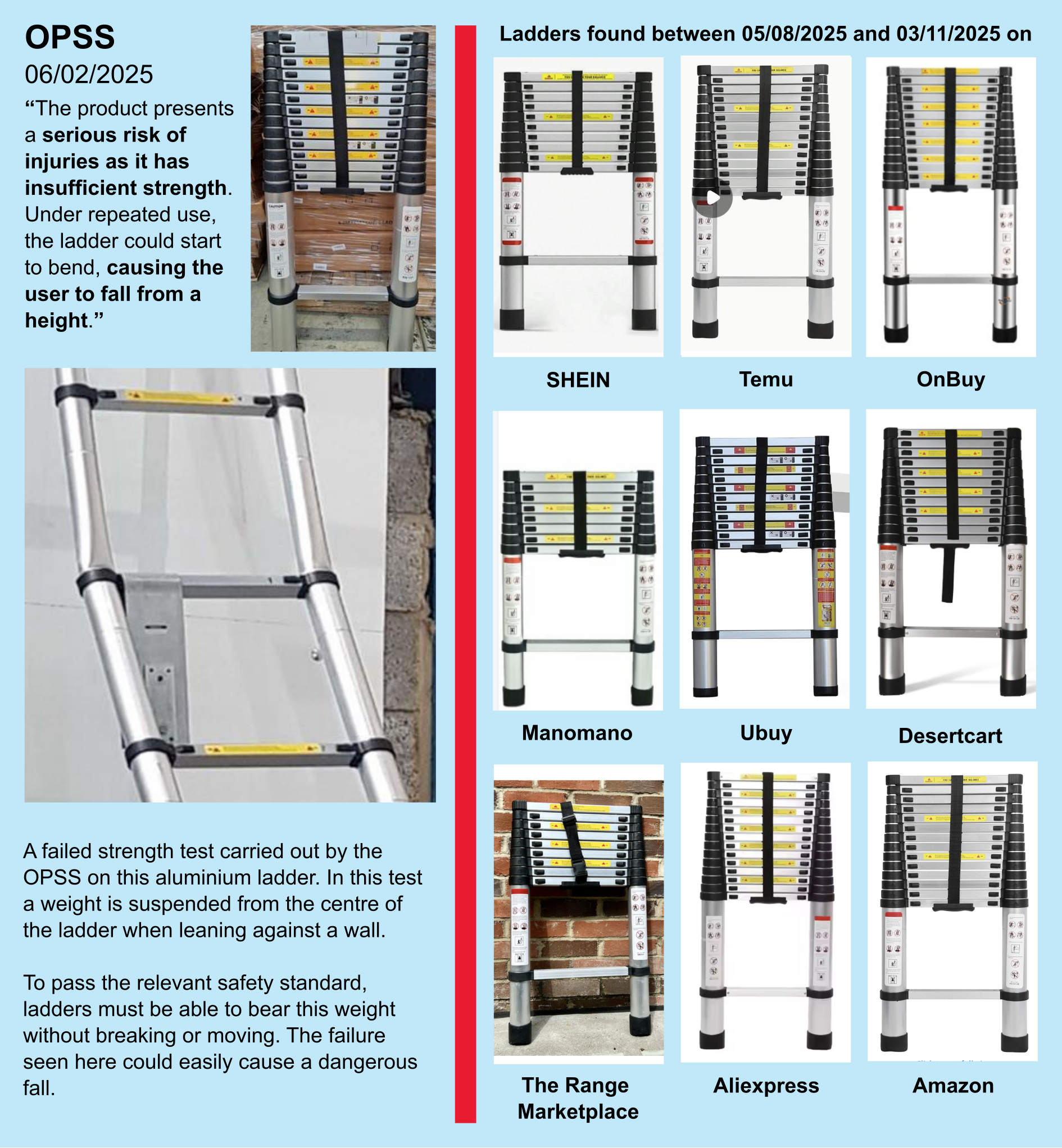
In the course of this investigation, we found 142 ladders near-identical to the ladder pictured in an OPSS report for sale in the UK, across 21 different platforms including Amazon, Shein, Temu and The Range Marketplace. The product in the alert was said to present a serious risk of injury due to insufficient strength, and could start to bend under repeated use, risking the user falling from a height.
When the Ladder Association carried out safety tests on 14 ladders purchased from online marketplaces in October 2025, they found that every single one of them failed and posed a significant safety risk to consumers. These failures included 9 separate ladders matching the design we found. Alarmingly, 86% of the ladders which failed these tests were marketed as conforming with the relevant safety standard, EN 131.
Checking compliance with this standard would be a simple way for marketplaces to ensure any telescopic ladders they sell are safe. By requiring sellers to enter a certification number for a product when it is listed, and then checking the validity of this certificate with the relevant authority, marketplaces could be confident they were keeping potentially deadly ladders from their platforms.
Tough new laws urgently needed to protect consumers online
Research by Which? in November 2025 found that 90% of UK consumers have made purchases on online marketplaces in the last two years, and that 24 million people are regular users. We estimate that at least 8.8 million consumers may have experienced harm from faulty, unsafe, or fraudulent products bought from online marketplaces.
The Product Regulation and Metrology Act, adopted in July, enables the Secretary of State to impose product safety requirements on online marketplaces through secondary legislation, but these have been delayed. The government urgently needs to use these powers to ensure that dangerous products are prevented from reaching people in the UK.
Sue Davies, Which? Head of Consumer Protection Policy, said:
'Our latest research shows just how easily marketplaces could step up their efforts to tackle this problem if they were taking product safety as seriously as they claim.
'When a product looks identical or highly similar to one declared unsafe by the OPSS, marketplaces should act with common sense and remove it immediately.
'The government must urgently prioritise secondary regulations for the Product Regulation and Metrology Act to impose a clear legal duty on online marketplaces, with tough enforcement for those that fall short.'
What the marketplaces told us

This was our biggest product safety search to date, and we contacted 28 marketplaces to let them know we had found at least one product that appeared similar or identical to a product in an OPSS alert for sale on their platform. This was to give them a chance to remove the listings we were concerned about, and provide a response to our findings.
The following responses are included in alphabetical order.
AliExpress told us it takes product safety very seriously and has strict rules and policies in place to ensure a safe online shopping environment. Third-party sellers who list items for sale on the marketplace must comply with the applicable law as well as platform rules and policies. It said it has been and will continue to work closely with the OPSS and other regulators to prevent non-compliant product sales on its marketplaces.
Alibaba said: 'We require all merchants to comply with applicable local laws and regulations as well as our Product Listings Policy. Upon notification of the third-party listings, we swiftly removed the non-compliant products on our platform.'
An Amazon spokesperson told us: 'We require all products offered in our store to comply with applicable laws, regulations, and Amazon policies, and we proactively monitor our store for safety alerts and product recalls and remove relevant products and email customers who purchased them. Safety alerts are specific to an individual products' unique characteristics, including brand name, model number or design features, and our initial findings show that the vast majority of products highlighted by Which?’s research do not fall under the scope of these alerts. Out of an abundance of caution, we temporarily delisted the products tested by Which? and will remove any non-compliant items identified by our investigation and further refine our controls.'
B&Q told us: 'The safety and trust of our customers is a top priority and we strictly prohibit the sale of any products recalled by government or regulatory authorities. Many of the items in question had already been removed, and we have taken further action to promptly remove the small number of remaining products that do not comply with our policies.'
Boohoo: 'We do not, and have never, sold the product flagged by the OPSS. The item referenced in Which?’s research is a different product, which is also no longer available for sale. We take product safety and compliance extremely seriously across all items sold on our platform.'
Depop told us: 'At Depop, the safety of our community is our top priority. Our Prohibited Items list makes clear that recalled products, and items for babies and children that do not meet regulatory safety standards, are not allowed to be sold on Depop. We take any instance of recalled products appearing on our platform extremely seriously. If anything violates these terms, then we act as quickly as possible, and can confirm these listings have been removed.'
An eBay spokesperson said: 'Consumer safety is a top priority for eBay. We have reviewed the listings identified by Which? and taken action where required, including removing items and notifying buyers where appropriate. We’re reviewing the wider marketplace to remove any identical listings. We work diligently to prevent and remove unsafe product listings through seller compliance audits, block filter algorithms, AI-supported monitoring by in-house specialists, and close partnerships with regulators. Several of the unsafe listings highlighted by Which? had been removed or ended before the investigation was shared with eBay, showing how existing filters and monitoring systems work to reduce unsafe products on the site.'
Fruugo maintained that it is not a retailer in its own right and has no opportunity to inspect products on the platform, but proactively sweeps the platform for high risk listings. A spokesperson said: 'We take these issues extremely seriously and we understand the importance of ensuring retailers using our platform meet their legal and product safety obligations. That's why we have a full product recall and withdrawal process including an effective notice and take down process that ensures non-compliant products such as these are quickly removed from sale. We can confirm that the items you brought to our attention have all been withdrawn from the Fruugo platform and a product recall is in progress for any units of the affected items sold.'
A statement from Shein said: 'On SHEIN Marketplace, all vendors are required to comply with SHEIN's code of conduct and abide by the relevant laws and regulations of the countries where we operate. When non-compliant items are found, SHEIN takes immediate action to remove them, and we are continuously working on improving our processes to prevent these items from reappearing on our site.'
Temu said they take compliance with their regulatory obligations very seriously, including by monitoring product recall and safety alerts issued by the OPSS and regulatory authorities. A spokesperson said: 'We reviewed the 26 product listings as soon as we received your inquiry and found that none of them fall under the safety recalls. Twelve of the listings had already been discontinued before your inquiry. We have removed the remaining 14 listings as a precaution and are expanding our review to similar products to ensure they meet the required safety standards.'
A TikTok spokesperson said: 'The safety and trust of our customers is a top priority and we strictly prohibit the sale of any products recalled by government or regulatory authorities. Many of the items in question had already been removed, and we have taken further action to promptly remove the small number of remaining products that do not comply with our policies.'
The Range declined to comment.
We contacted the following marketplaces for comment and they didn’t respond:
- Banggood
- BargainFox
- Coolbe
- DHgate
- Desertcart
- Ebuy7
- Etsy
- GoSupps.com
- Grandado
- Manomano
- OnBuy
- Ozerty
- Shpock
- UBeauty
- Ubuy
You can help by signing our petition to protect online shoppers today.
Which?'s tool research provided by Josh Smith and Lili Banihashem

